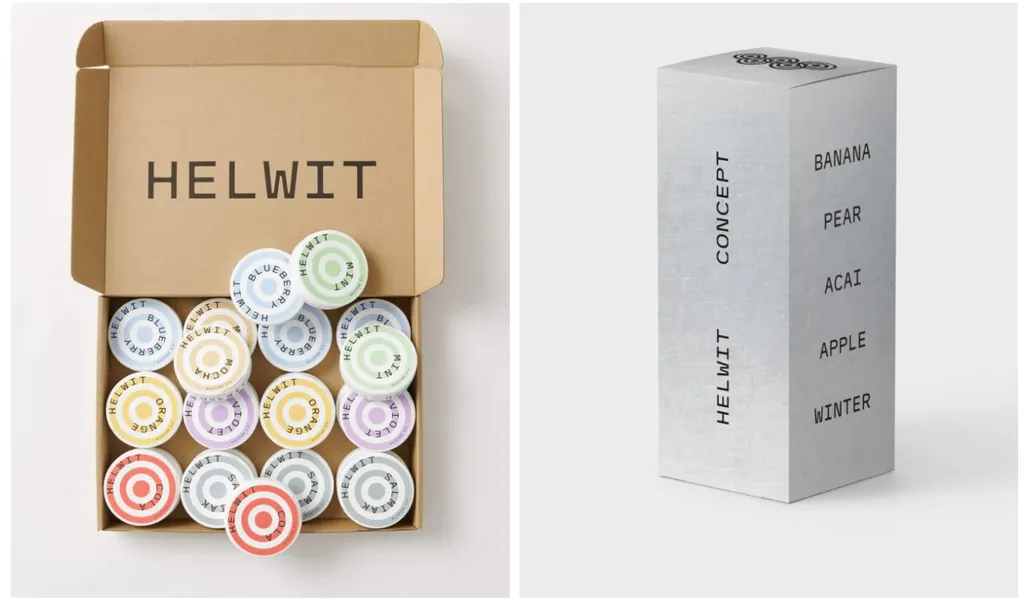English, a language spoken by millions across the globe, boasts a rich history and a constantly evolving vocabulary. But what happens when we delve into the fringes of language, where words exist in the realm of slang, colloquialisms, and even outright errors? This article intends to shed light on the sometimes murky, often fascinating world of English, focusing on two seemingly disparate topics snuff and the intriguing non-word “snuns.”
Snuff — A Pinch of History and Usage
Snuff, in its simplest form, is finely ground tobacco intended for nasal inhalation. Its history stretches back centuries, with roots in the Americas and a subsequent spread throughout Europe and beyond. But snuff is more than just powdered tobacco. It represents a cultural artifact, a remnant of a bygone era when taking a “pinch” was a common social ritual.
Think about it. What images does snuff conjure up? Perhaps you envision a powdered wig, an ornate snuffbox, and a discreet gesture as someone delicately brings the substance to their nose. This association with elegance and sophistication, however, stands in stark contrast to modern perceptions. Today, snuff exists more as a niche product, a habit practiced by a smaller, often older demographic.
The language surrounding snuff is also interesting. We talk about “taking snuff,” “a pinch of snuff,” or even describing the act as “snuffing.” Different types exist, each with its own unique flavor profile and characteristics. Some are dry, others moist; some are flavored with fruit or spices, others are plain tobacco. The world of snuff is surprisingly diverse.
But why has snuff persisted? Despite the availability of other tobacco products, snuff retains a certain appeal. Some users enjoy the ritual, the sensory experience, or the perceived nicotine rush. Others might simply appreciate the tradition and history associated with this age-old practice. Whatever the reason, snuff continues to exist, a tangible link to the past.
“Snuns” — An Accidental Addition to the Lexicon?
Now, let’s turn our attention to something far more peculiar “snuns.” Unlike snuff, “snuns” is not a recognized word in the English language. A quick search in any reputable dictionary will confirm this. It doesn’t appear in standard usage, nor does it have a defined meaning. So, where does this strange term come from, and why is it worth discussing?
The existence of “snuns” highlights the fluidity and inherent “errors” that exist within language. Sometimes, words are born from mistakes, mispronunciations, or simple typos. Could “snuns” be a misspelling of something else? Perhaps it’s a regional dialect term, unknown to the wider world. It could even be a completely invented word, used within a small group or community.
Consider the possibilities. Could “snuns” be a playful alteration of “sons,” perhaps used as a term of endearment within a family? Or could it be a typo for “suns,” a simple slip of the finger on a keyboard? Without context, the origin and intended meaning of “snuns” remain shrouded in mystery.
The very ambiguity of “snuns” is what makes it so intriguing. It represents the potential for new words to emerge, to fill gaps in our vocabulary, or simply to exist as linguistic curiosities. It also reminds us that language is not static. It’s constantly evolving, adapting, and incorporating new elements.
Imagine if “snuns” were to gain widespread usage. What would it mean? How would it be used in sentences? The possibilities are endless, limited only by our imaginations. While it’s unlikely that “snuns” will ever become a mainstream word, its existence serves as a reminder of the dynamic nature of language and the potential for even the most unusual terms to find a place in our vocabulary.
In conclusion, while snuff represents a tangible, historical element of English culture, “snuns” embodies the ever-changing, sometimes unpredictable nature of language itself. Both terms, in their own unique ways, offer insight into the complexities and oddities of the English language, prompting us to question the origins, meanings, and potential futures of the words we use every day.


